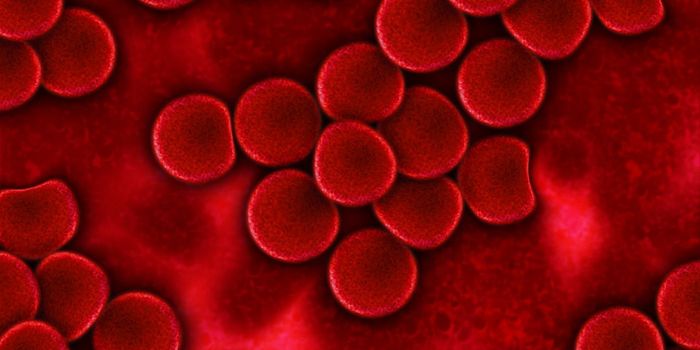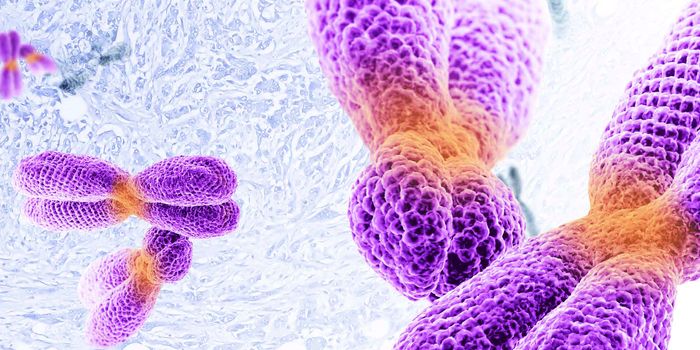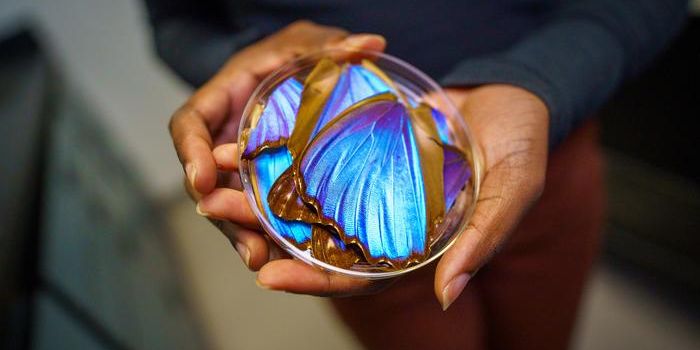Preventing inflammation to manage cancer
New research led by Dipak Panigrahy, MD, and Allison Gartung, PhD, of the Cancer Center at Beth Israel Deaconess Medical Center (BIDMC) suggests that traditional cancer treatments may be doing more harm than good – particularly when it comes to inflammation and new tumor growth. The study was published online in The Journal of Clinical Investigation.
"Cancer therapy is a double-edged sword, as dying cancer cells can trigger inflammation and promote the growth of microscopic cancerous cells," said Panigrahy. "Surgery, chemotherapy and radiation can all induce the body's inflammatory/immunosuppressive injury response. Even anesthetics can impair the resolution of inflammation."
The idea is that physiologic stress, which could come in any of the forms that Panigrahy mentions above, can trigger microscopic cancers to grow into new tumors. In order to prevent that, Panigrahy and colleagues thought to try blocking of the inflammatory cascade and/or accelerating the resolution of inflammation.
One method through which they tried this process was via administering a nonsteroidal anti-inflammatory drug called ketorolac before surgery; they also tired administering preoperative resolvins -- naturally occurring anti-inflammatory factors that are made by the human body. Both of these processes eliminated the spread of cancer cells in several tumor-resection models, meaning that they have potential for improving anti-inflammatory cancer treatments in the future.
While the researchers conducted their study on animal models, not humans, co-author Vikas P. Sukhatme, MD, ScD, and Dean of Emory University School of Medicine, says "Collectively, our findings suggest a potential paradigm shift in our approach to resectable cancers. Clinical trials are now urgently needed to validate these animal studies."
Sources: Science Daily, The Journal of Clinical Investigation









